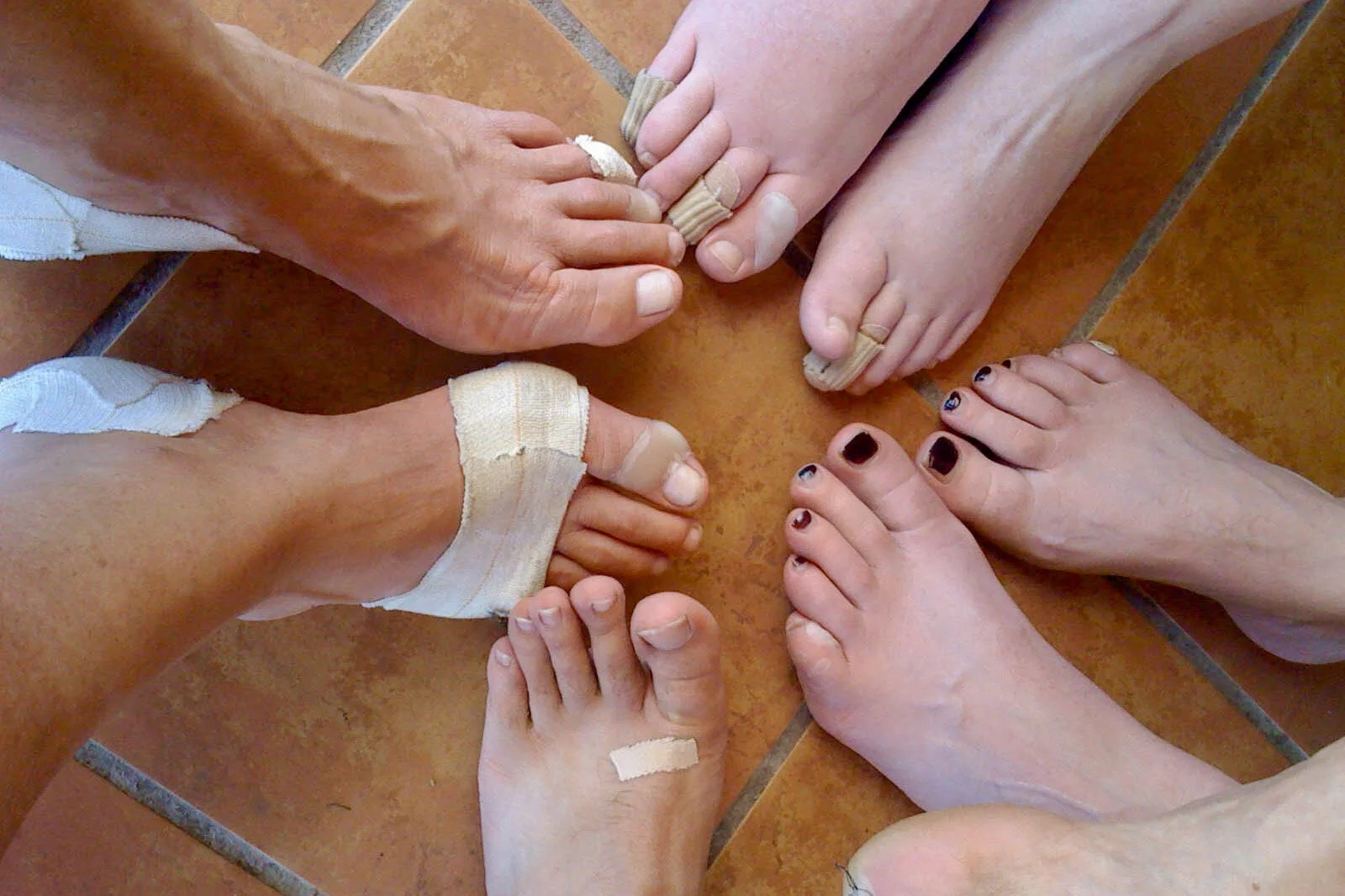Perhaps It's Time to Take Off Our Shoes
The Opening of Eyes
That day I saw beneath dark clouds
the passing light over the water
and I heard the voice of the world speak out,
I knew then, as I had before
life is no passing memory of what has been
nor the remaining pages in a great book
waiting to be read.
It is the opening of eyes long closed.
It is the vision of far off things
seen for the silence they hold.It is the heart after years
of secret conversing
speaking out loud in the clear air.
It is Moses in the desert
fallen to his knees before the lit bush.
It is the man throwing away his shoes
as if to enter heaven
and finding himself astonished,
opened at last,
fallen in love with solid ground.
— David Whyte, from Songs for Coming Home
David Whyte’s poem “The Opening of Eyes” aptly describes Moses’ encounter at the burning bush. It’s about what happens when “eyes long closed” are opened and “hearts after years of secret conversing speak out loud in clear air.”
The epic tale of Moses is about being interrupted by God, called by name, given a task, feeling unworthy, receiving reassurance. and saying “yes” to what God has in store for your life. It’s about doing the best you can as you lead a people through tidal waters, barren deserts, high mountains, and the wilderness for years on end. Like the rest of us, Moses made mistakes. He resisted, doubted, became angry, and was ready to throw in the towel on more than one occasion. Yet he went on.
The biography of Moses shows us one man’s (and eventually one people’s) journey of faith. Moses, like many of our biblical ancestors, was touched by God in a profound way. He was called to die to his old self and to be reborn to a new life of grace, power and truth. Each person’s story is different; each call is unique. But when God interrupts our life, we find ourselves standing on holy ground.
As a rabbinic student explained to David Whyte, the original Hebrew verb for “take off your shoes” is “shed,” the same verb used for an animal shedding its skin. In reflecting on this word study, Whyte explains that “God says, ‘Shed your shoes,’ just as if it would be a natural process to let it go. And of course when you’re shedding, you don’t look that great for a while, but you’ve just got to go through that lovely humiliation.”
Richard Rohr calls this process of shedding “falling upward” into the second half of life. The first half of life is the container, and the task of the first half of life is to build and fill the container. The second half of life is the contents spilled out, refined, and refilled so that in a simplicity and naiveté--with all its contraction and paradox, with all its pain and mistakes--it is held in what Rohr calls luminous gravitas, a bright sadness.
The second half of life, the one that comes after we’ve shed our shoes, is a sacred dance in which we become who we really are meant to be as a child of God. It happened to me as I sat in a doctor’s office and was told I had the beginnings of dementia. It can happen when you’ve lost a job, a spouse, your health, fortune, reputation, or fame.
The second half of life might also be what’s happening to our nation as we confront a devastating virus, a reckoning with systemic racism, and a time of political and social upheaval. It might even be what’s happening to the entire world as we face environmental disaster, epic migration, and the rise of facism in so many places across the globe.
While these times might feel like an eternity, they are but a millisecond to God. For beneath the dark clouds of turmoil and strife is the passing light over the water.
A new movement is afoot, a movement called “Grounding” or “Earthing.” It’s based on an ancient premise that the earth sends subtle electrical energy that we humans have lost touch with. Thanks to furniture, automobiles, insulated buildings, and shoes with synthetic soles, many of us no longer have daily contact with the earth. Some suggest that our disconnect with the earth has resulted in disease, stress, and chronic body fatigue.
Advocates of the “grounding” or “earthing” movement say that standing barefoot or even lying on the earth every day can serve as a detoxifying, healing force for good. Perhaps that’s why people feel so relaxed after a barefoot day at the beach or having a picnic on the ground.
I invite you, then, to try the experience of grounding for yourself. Take off your shoes and realize that you are standing on holy ground. Lie down on the grass and feel the healing energy of the earth below you. Sit with your back against the trunk of a tree and feel its living wisdom. And as you do, thoughtfully ask yourself:
— How has this COVID interruption changed your life for the good?
— How are you dying to your old life in order to be born anew?
— To what or where are you being called?
